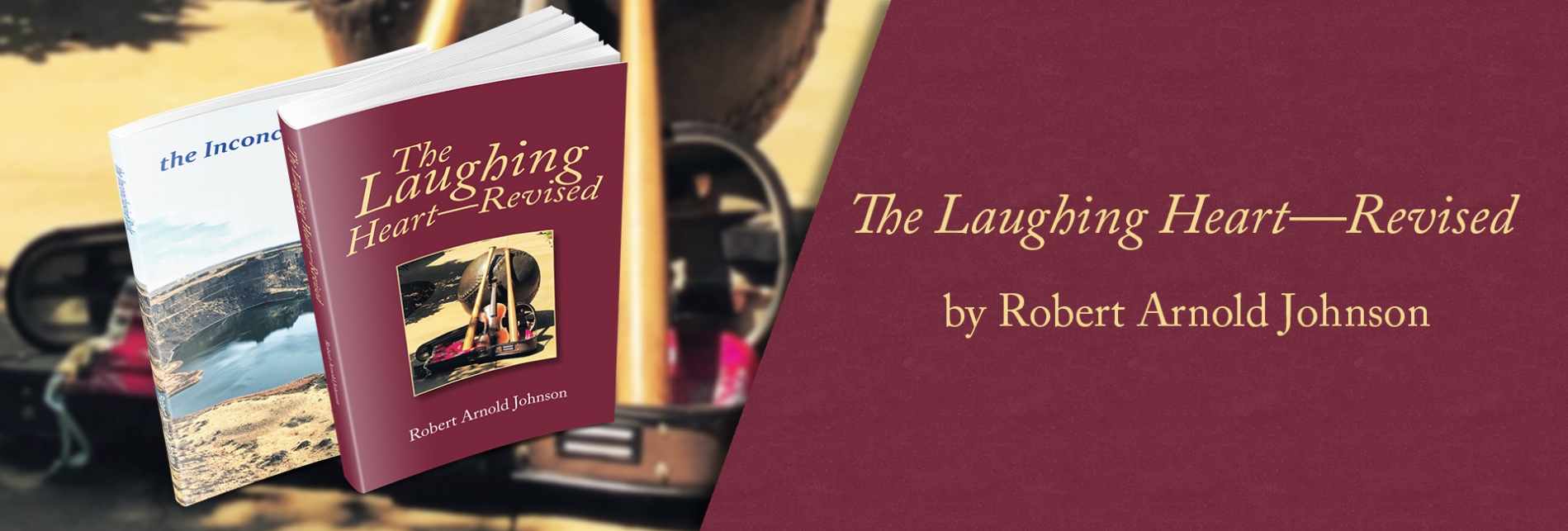A topic on my mind, as I am re-reading Aristotle’s Poetics after many years. In the Author’s Note of the Inconclusive Rule, I make this comment: “… art—and surely poetry is no exception—has as its very purpose that of inciting an individual experience, experience that embodies the enigma of being an individual, uniquely alive and uniquely mortal. Since this enigma, one from the existential class of enigmatic things, is located upon the commons of humankind, all of humankind is joined in the experience of it that art provokes.” I had not written any such thing previously, and I think it came to me what I wanted to say there because at the same time I was at work with Tom Davis, the philosopher who is my co-author for Story by Story: Who I Am and What I Suffer. In the course of that work Tom had taught me the importance of enigma in defining who we think ourselves to be and who others, those who know us best, think us to be. It came to me then that enigma should therefore have a place in how we define art in relation to our experience of ourselves in the process of apprehending (and comprehending) it as art.
Once written, I began to recall something of how differently Aristotle, perhaps the foremost (if not the very first) early theorist of art, had understood it. Aristotle gets quickly to the point. He proposes that the purpose of art is quite simple: pleasure. And the means by which pleasure is produced is common to all art-making, namely the means of imitation. He does not mean copying; he means making use of depictions of agents, their actions, and the consequences of actions. A depiction of a chair or bird is not the same as copying it: a copy is another chair or bird not a depiction of it. Imitation in his sense of it produces pleasure for two reasons: imitation is intrinsically pleasurable to humans; imitation is important to how we learn, and learning is pleasurable, again intrinsically so, to humans. What is learned? Something that’s universal from or within the particular(s) imitated. I am relying here not only on my re-reading of a translation of Aristotle’s Greek text, but also on a new translation by Leon Golden and elaboration of it by O.B. Hardison, Jr. (Aristotle’s Poetics, Prentice-Hall, Englewood Cliffs, NJ, 1968).
The first time I read Aristotle on this topic I found his account impressive in some ways, but strained, even fragile. Although he makes the case that he is proceeding in a natural way (I think he means methodical), to me it feels unnatural. My re-reading has done nothing to change my first reaction. Partly my sense of the unnatural in his argument was, I think, my unconscious expectation that enigma, mystery, is somehow essential to the experience of art; he had left that out. Pleasure did not seem an adequate substitute. And something else. The most important and pertinent conceptual development since Aristotle, I’ll propose, is Darwin’s. Once a concept of evolution is in mind, one asks directly and knowingly what Aristotle could only ask indirectly and intuitively: what evolutionary advantage does art convey? And that leads us promptly to suspect that the advantage is a social one. Humans depend enormously on social coherence. Art contributes. It helps a culture cohere; it is pro-social. And, yes, shared pleasure within an art-loving public undoubtedly adds to the coherent force that art exerts. It occurred to me, though, that there’s more, something more profound than pleasure, more existential. I found the words for that “more,” as I have quoted myself, above. Words that would do for me. Eighteen months have passed; I still believe them.
Recent Posts
- An Exchange over Hugo’s “Les Misérables”
- JONATHAN FRANZEN’S “CROSSROADS”: SHOULD WE WANT A TRILOGY OF IT?
- SOME THOUGHTS ABOUT RACISM AND WHITE SUPREMACY IN AMERICA, AUGUST 2021: How A Few Recent Books by Black and Other Authors Have Changed One Old White American
- LOVE & THE FIRST LINE
- FOR PHILIP ROTH’S “EVERYMAN”
Recent Comments
- Henry Allen on the current project
- MaryAnne O'Neil on SOME THOUGHTS ABOUT RACISM AND WHITE SUPREMACY IN AMERICA, AUGUST 2021: How A Few Recent Books by Black and Other Authors Have Changed One Old White American
- Robert Arnold Johnson on SOME THOUGHTS ABOUT RACISM AND WHITE SUPREMACY IN AMERICA, AUGUST 2021: How A Few Recent Books by Black and Other Authors Have Changed One Old White American
- Robert Arnold Johnson on SOME THOUGHTS ABOUT RACISM AND WHITE SUPREMACY IN AMERICA, AUGUST 2021: How A Few Recent Books by Black and Other Authors Have Changed One Old White American
- Susan Pickett on SOME THOUGHTS ABOUT RACISM AND WHITE SUPREMACY IN AMERICA, AUGUST 2021: How A Few Recent Books by Black and Other Authors Have Changed One Old White American




